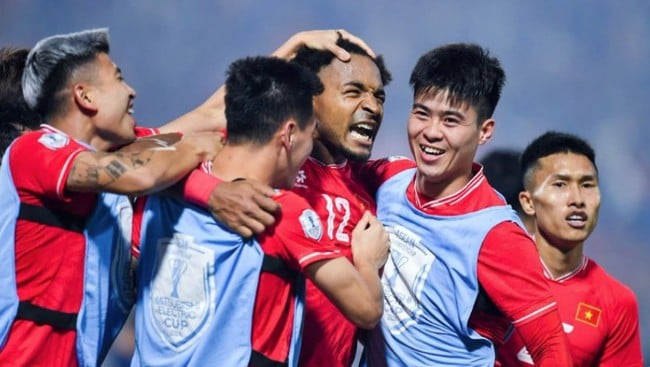
Player Nguyen Xuan Son wears the Vietnamese national team jersey in the AFF Cup 2024 tournament
This is also a serious warning bell for the Vietnamese team and also for us to know more clearly the position of our country's football in the region.
"Naturalization" is necessary, but not sufficient
Since taking over as coach of the Vietnamese national team, especially in the recent 2027 Asian Cup qualifiers, coach Kim Sang Sik and his coaching staff have spent a lot of effort and struggled to find a solution to the problem of force, whether to take advantage of internal strength as it is now or seek strength with naturalized players like Indonesia, the Philippines, and Malaysia are strongly implementing.
Most recently, Indonesia became the first team in the region to win the third qualifying round of the 2026 World Cup in Asia and is the team that has advanced the farthest in the region, even winning three matches in this qualifying round. Before that, they also reached the semi-finals of the 2024 U23 Asian Cup and almost got a place in the 2024 Paris Olympics... Although they have received a lot of criticism and controversy, it cannot be denied that Indonesia's achievements come from the policy of naturalizing players, helping to quickly "renew" the team. They currently have an abundant force of players playing for strong European clubs, including players with transfer fees of up to millions of USD.
Previously, both the Philippines and Malaysia also "shocked" Southeast Asian football by massively naturalizing players from other countries. Currently, the Philippines team always has about 10 naturalized players from other countries, while in the match against Vietnam in the 2027 World Cup qualifiers alone, the Malaysian team gathered 17-18 naturalized players.
It can be seen that not only the countries around Vietnam apply the policy of naturalized players in their national teams, but many developed football countries in the world also do the same and they have contributed greatly to many teams in the World Cup or EURO. With football countries in Southeast Asia, naturalized players have partly compensated for the limitations in physique, physical strength, and speed. With the national team and Vietnamese football, the question now is not simply about changing the playing style or adjusting the playing style. It is a strategic problem, fundamental and long-term, should Vietnamese football follow the path of naturalization like Indonesia or Malaysia?
According to former General Secretary of the Hanoi Football Federation Phan Anh Tu: "Naturalizing players is an inevitable trend in the context of globalized football. If we ignore this policy, we will lose our competitive advantage." Through that, it can be seen that the use of naturalized players is considered a temporary solution to supplement the force in the context of domestic players not meeting professional requirements. Adding naturalized players will contribute to enhancing the team's strength, improving expertise, bringing about strong changes in level and playing style. However, that may be a necessary condition, but not sufficient and not the most important.
At the club and national team levels, we have used many overseas Vietnamese players who returned to play in the country and they have played successfully in the national team, such as goalkeeper Dang Van Lam or Nguyen Filip. Previously, there were also a number of naturalized players who were called up to the national team, but they were not effective and were not trusted in official matches. It was only when naturalized player Nguyen Xuan Son (Rafaelson) played for the Vietnam national team that he really showed his effectiveness. The Brazilian striker born in 1997 made a great contribution to the Vietnam national team's AFF Cup 2024 championship with 5 goals in 5 matches and won the title of Best Player of the tournament. However, when Xuan Son suffered a long-term injury and was absent from the recent match against Malaysia, the team immediately fell into a deadlock. Without a leader in the attack, the playing style became disjointed, lacked sharpness and was completely overwhelmed by the opponent.
Promoting internal resources for sustainable development
According to the President of the Vietnam Football Federation, Tran Quoc Tuan, instead of waiting and depending on naturalized players, Vietnamese football needs to build a foundation from its own efforts, and cannot "build a house from the roof" by only relying on repatriated overseas Vietnamese players or naturalized players. Over-reliance on the naturalization policy will lead to the risk of trading the future of the entire football industry in exchange for temporary achievements.
Many experts believe that mobilizing external player resources through the policy of repatriating and naturalizing players from abroad is a direction for modern football, but not the main one. At all levels, from youth teams to national teams, players need more training sessions, competitions in advanced football backgrounds, to gain experience and accumulate international competition experience. It is necessary to continuously invest, innovate, and upgrade the domestic football tournament system, especially the national championship, and to do a good job of youth training. In which, youth training is one of the top priorities. Investing in young players is the way to build a solid foundation to improve the level of national football.
Director of Juventus Academy Vietnam and Chairman of Ba Ria-Vung Tau Club Dinh Hong Vinh said: "In any developed football, youth training is always the foundation. It is impossible to build a strong team without a solid youth system. Investing in youth training is investing in the future, not only to create good players, but also to form modern football thinking, international competition skills and Vietnamese pride in each generation of players."
To raise the level of the national team, the core is to upgrade and develop the domestic tournament system, especially the national championship, a platform to help players maintain their form, hone their skills, accumulate experience and competitive spirit. At the same time, the Vietnam Football Federation and Vietnam Professional Football Joint Stock Company (VPF) need to closely monitor the quality of officiating, ensure impartial refereeing, improve infrastructure standards, especially the quality of the playing field.
In addition, Vietnamese football needs to focus on developing the school competition system, a place to nurture young talents early and create a solid foundation for the future. Regularly organizing playgrounds for students will contribute to forming a football culture in the community. At the same time, the companionship of large enterprises and philanthropists with a heart and vision for football is an indispensable factor. When there are more dedicated sponsors, willing to invest long-term in youth training and facilities, Vietnamese football will have the conditions to develop sustainably, instead of just relying on the state budget or temporary booms from the team's achievements. Only when solutions are implemented synchronously, systematically and consistently, based on a long-term vision and suitable for the reality of Vietnamese football, can a solid foundation be created for great strides. That is also an important premise for the country's football to realize the World Cup dream in the near future.
Source: https://bvhttdl.gov.vn/nen-tang-de-nang-tam-bong-da-nuoc-nha-20250702150538737.htm



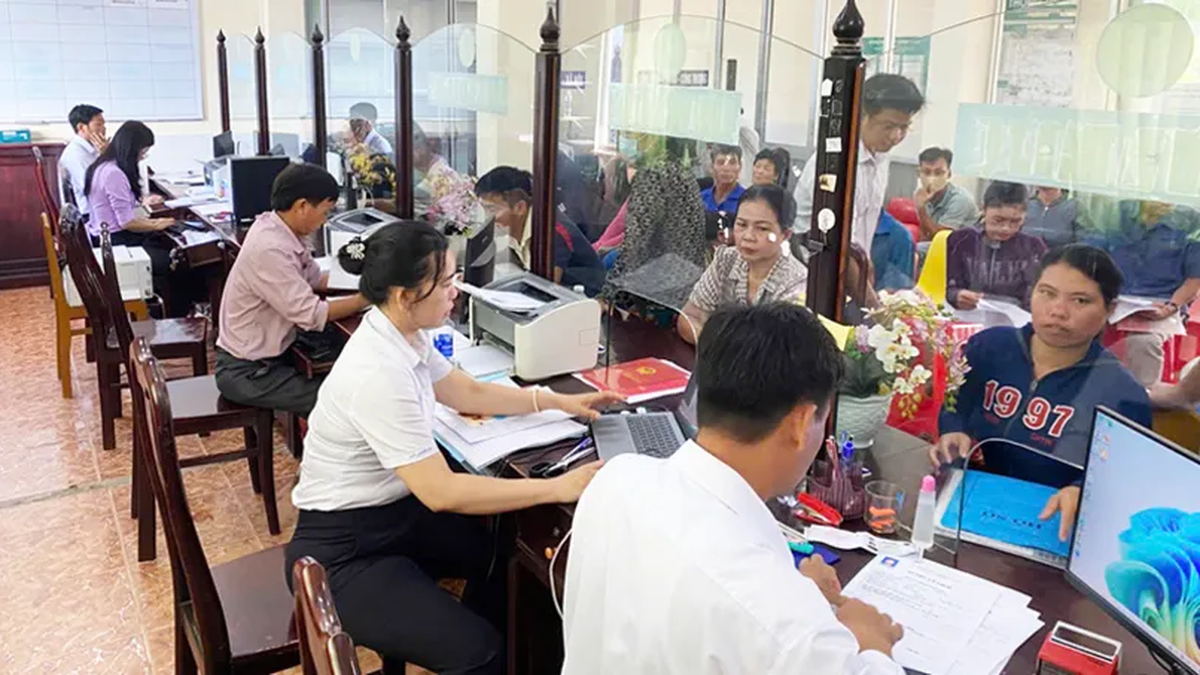
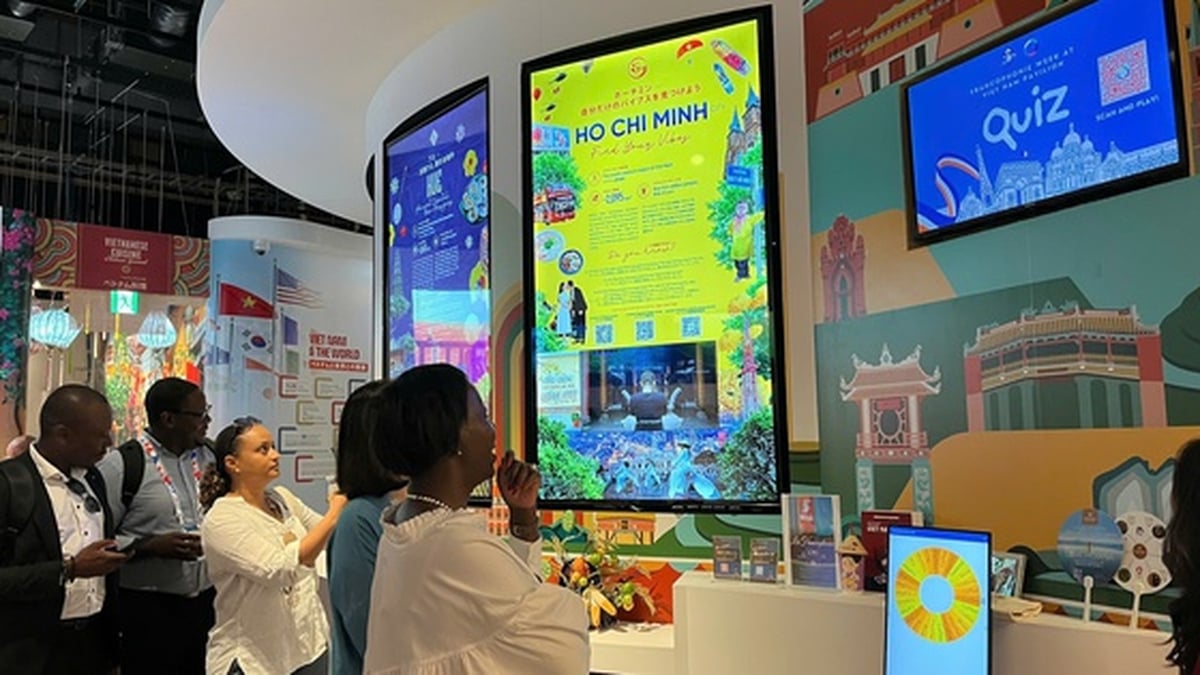
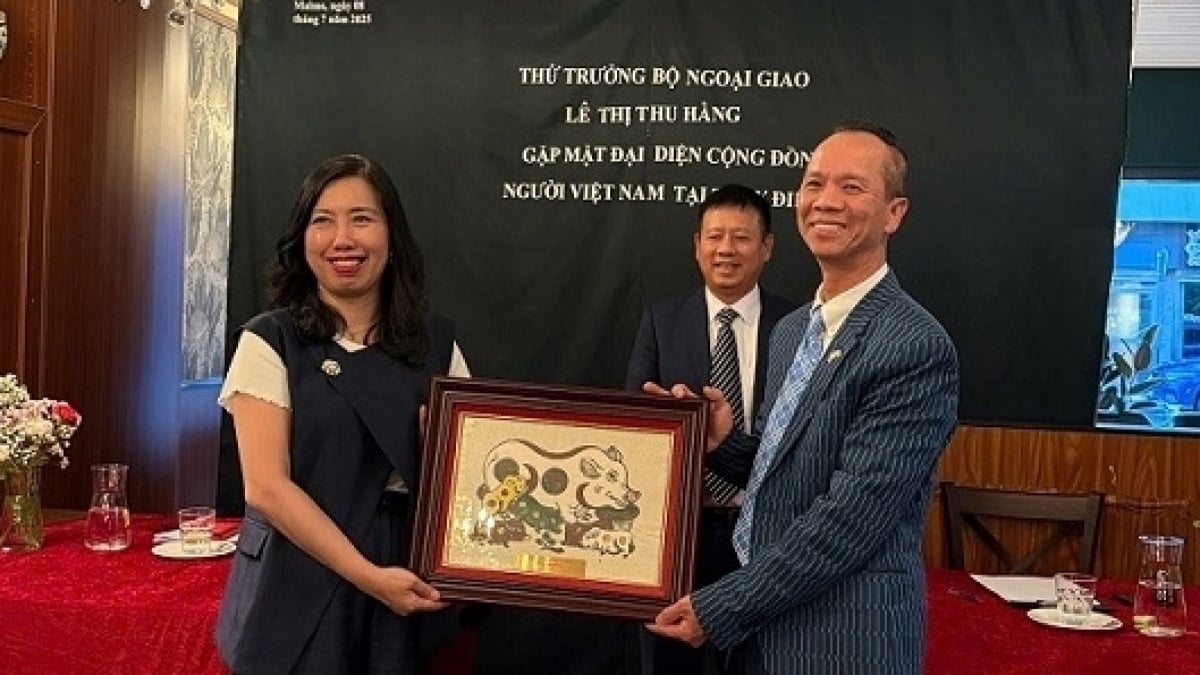
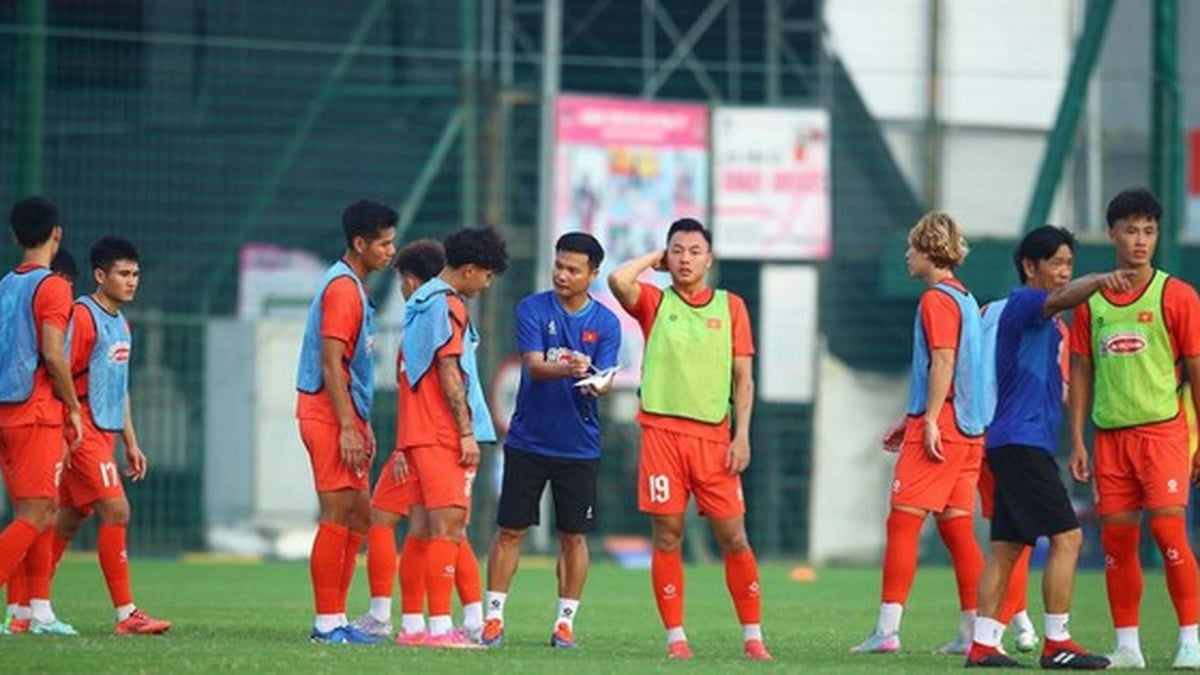

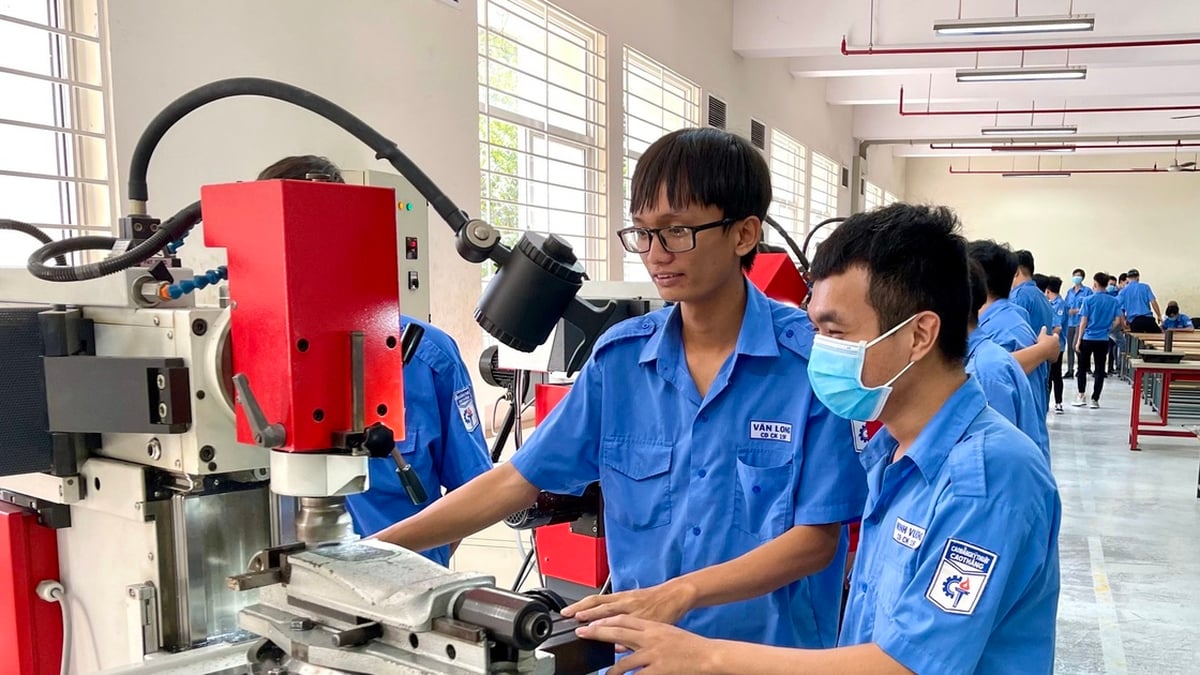
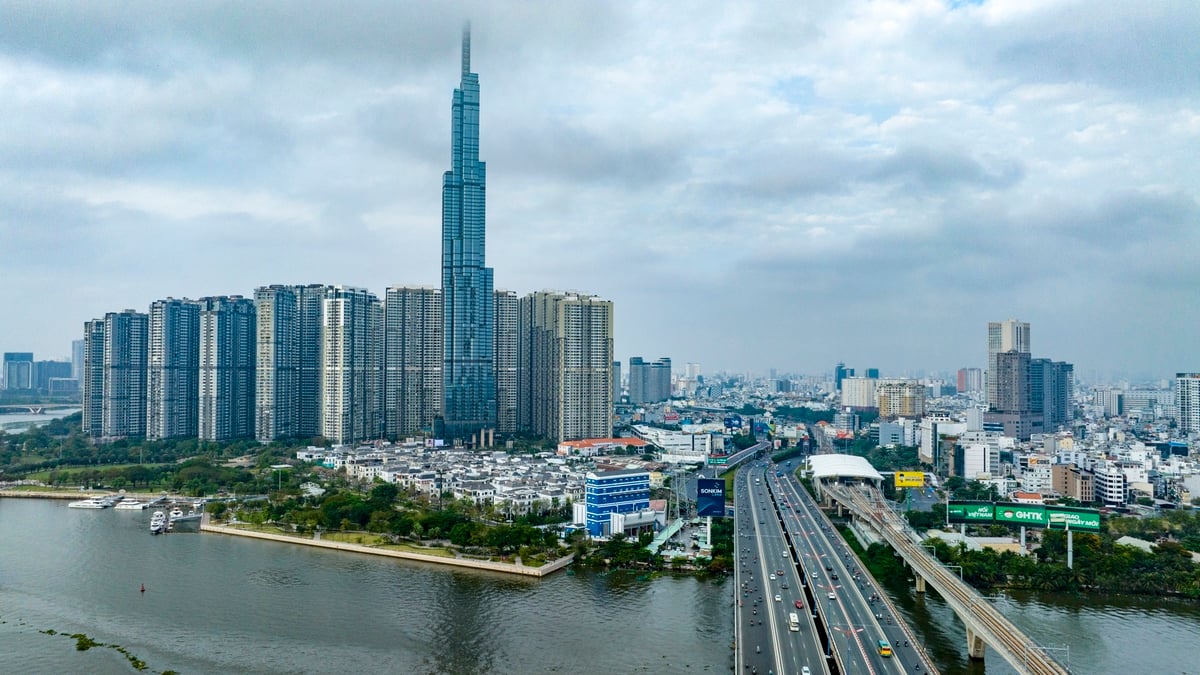
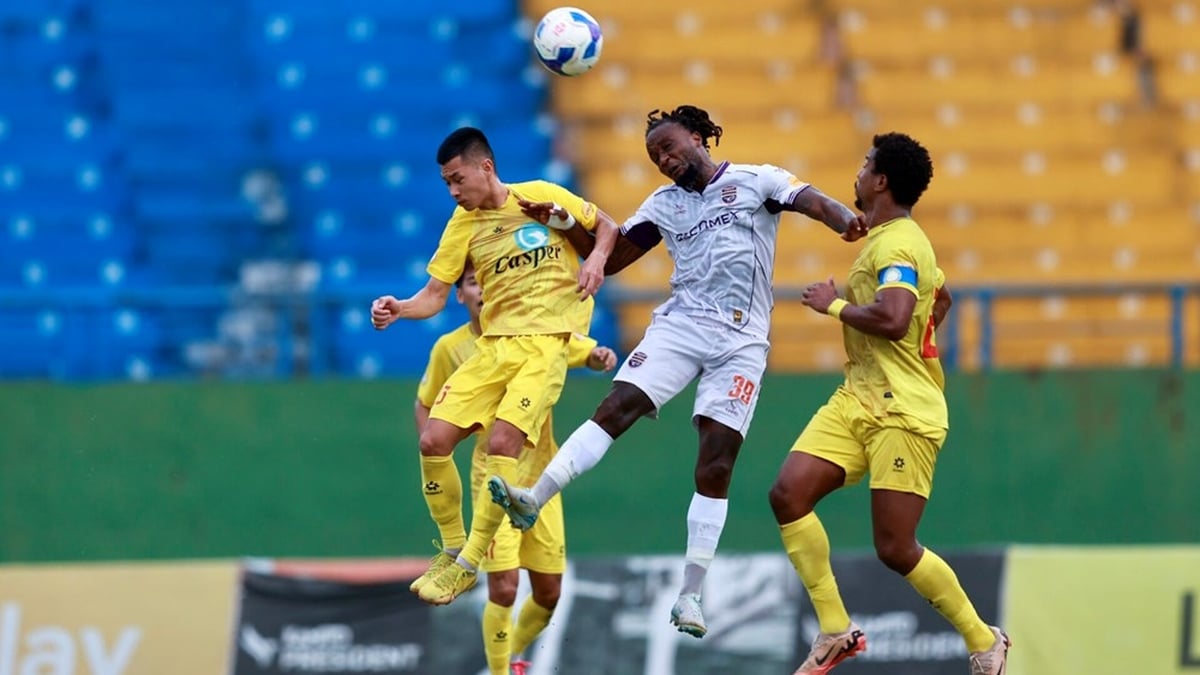
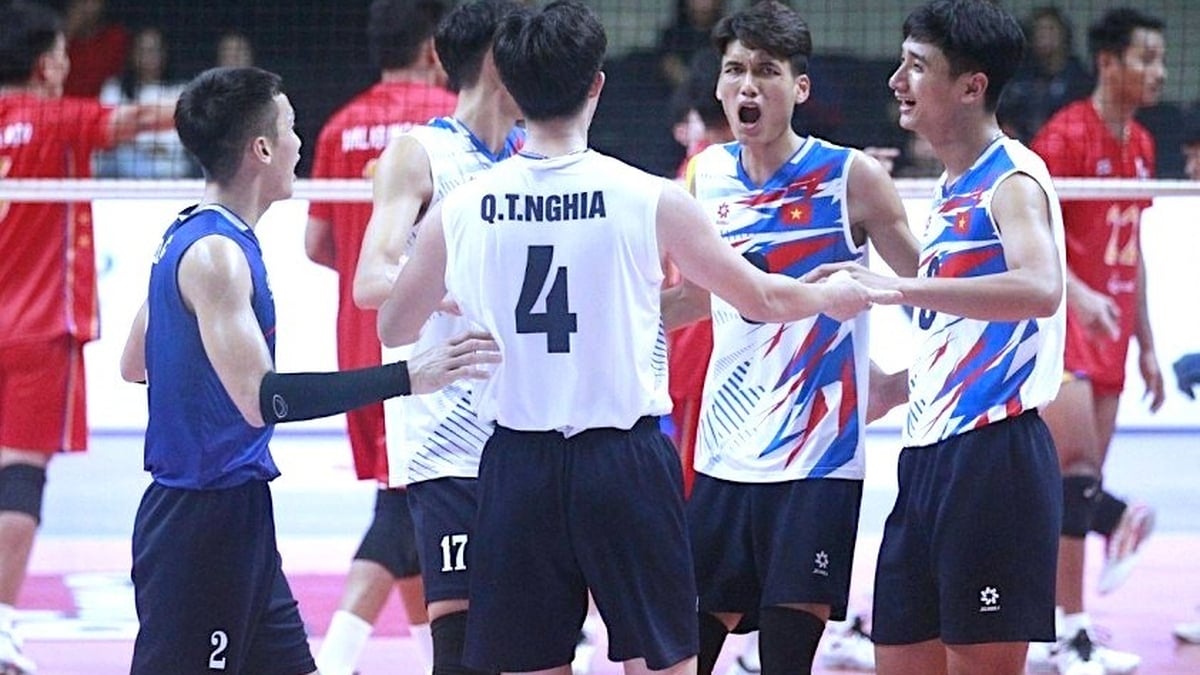
















![[Photo] Gia Lai provincial leaders offer flowers at Uncle Ho's Monument with the ethnic groups of the Central Highlands](https://vphoto.vietnam.vn/thumb/1200x675/vietnam/resource/IMAGE/2025/7/9/196438801da24b3cb6158d0501984818)



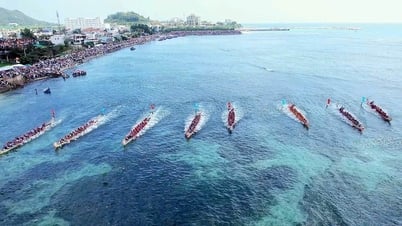

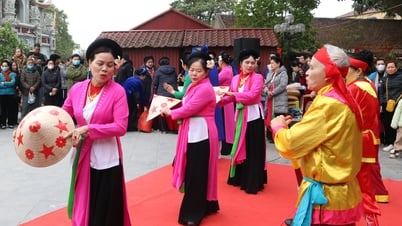

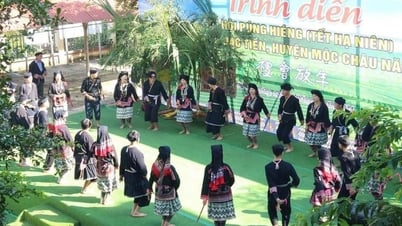

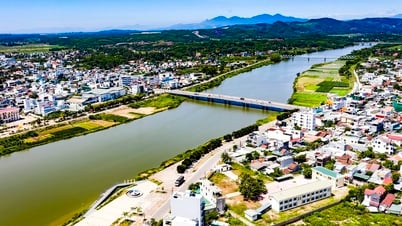

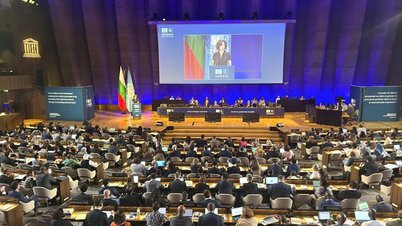



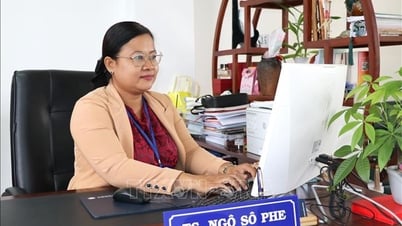


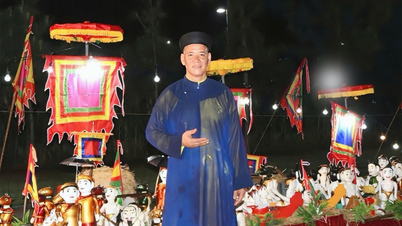

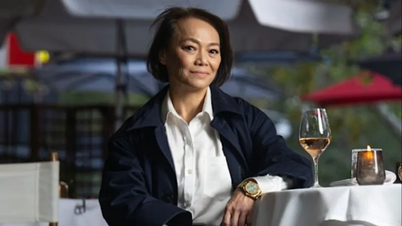





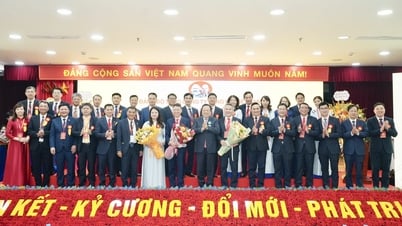




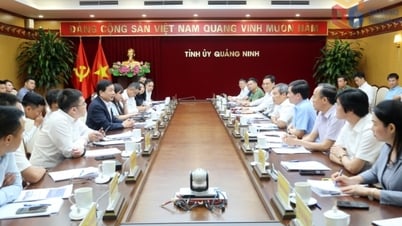

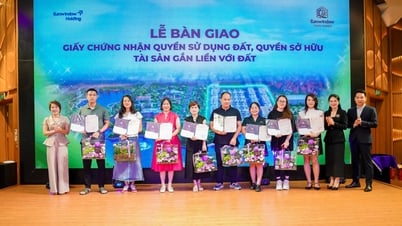

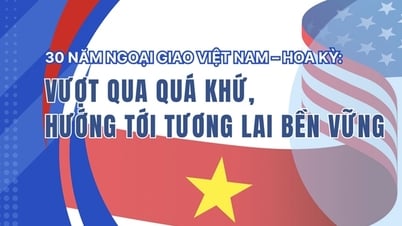
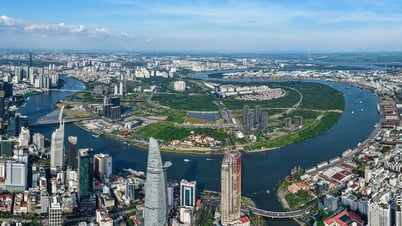

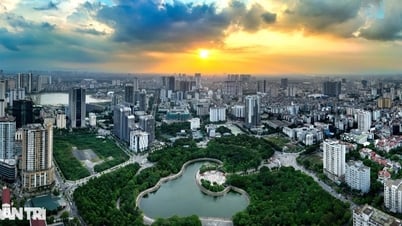


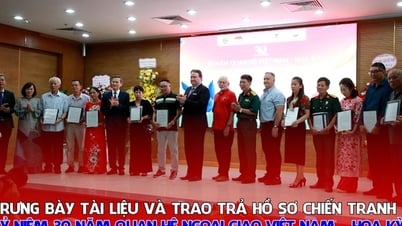
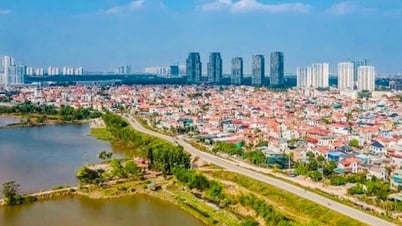
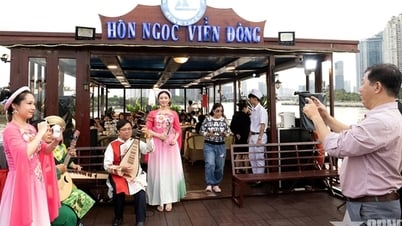
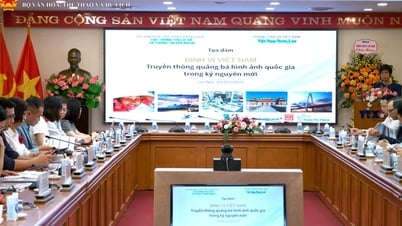
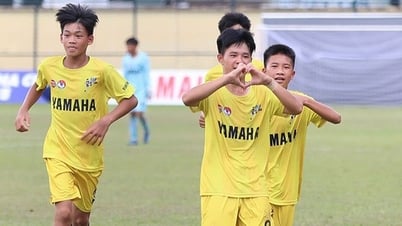
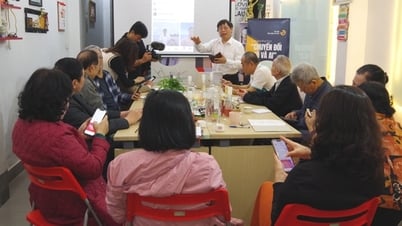








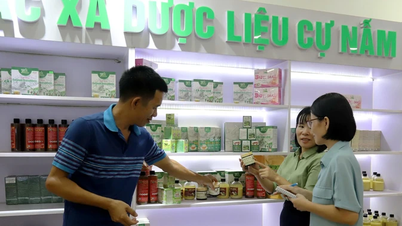


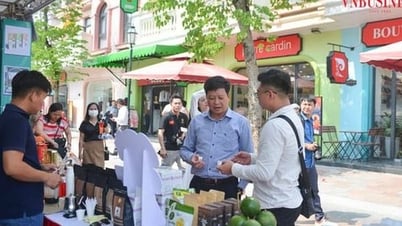






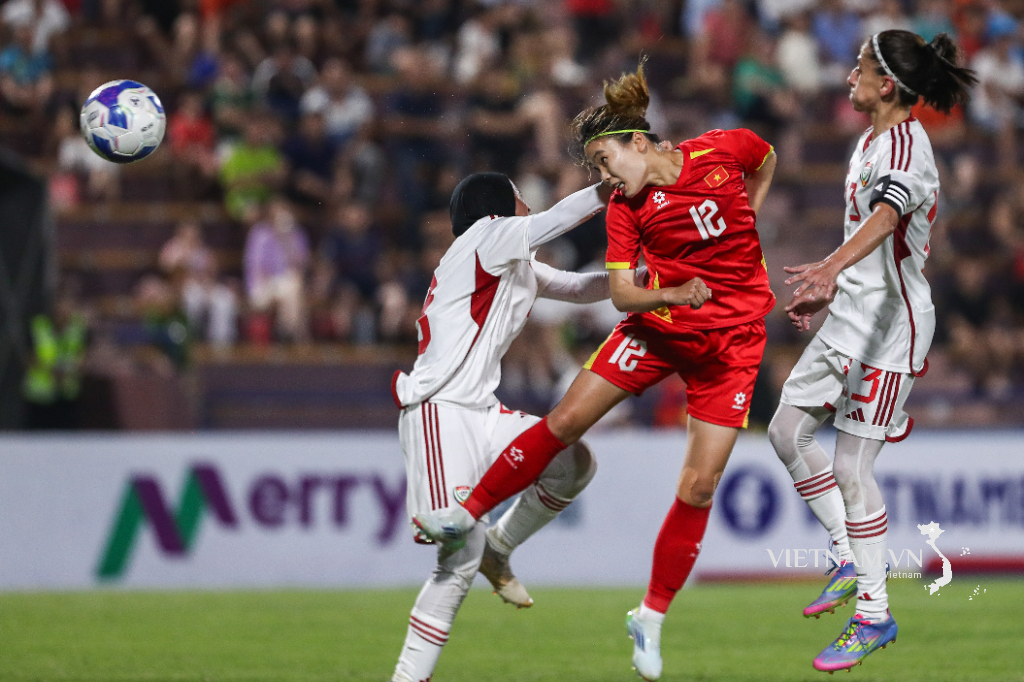

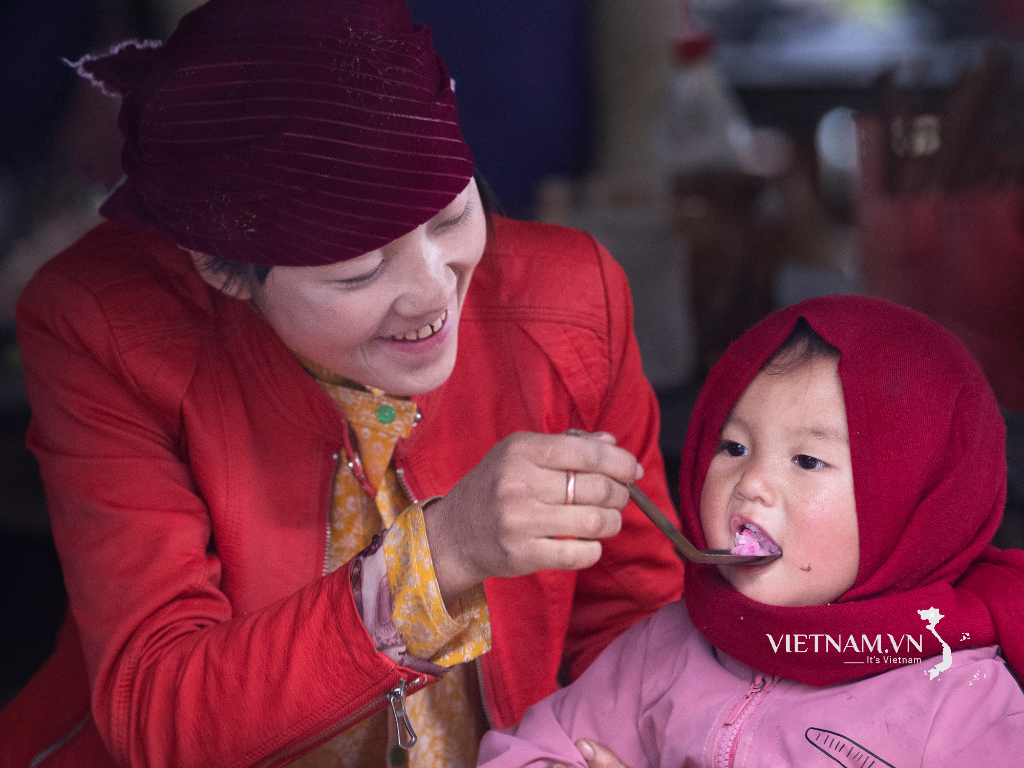

Comment (0)